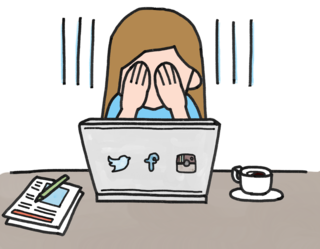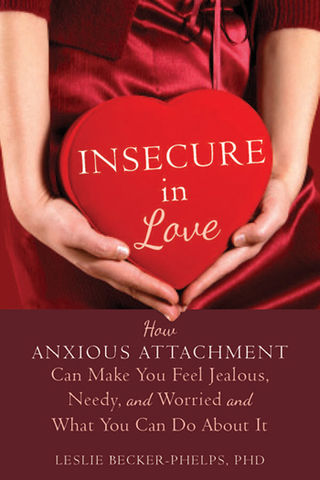Media
Social Media Fosters Insecurity: How to Overcome It
Social media and the internet can make you feel inferior… if you let it.
Posted March 23, 2016
Source: ljmaki/pixabay“The reason we struggle with insecurity is because we compare our behind-the-scenes with everyone else’s highlight reel.”
—Steve Furtick

We live in a world where we frequently see the edited version of people’s lives. Facebook friends seem to be forever sharing all their wonderful moments. YouTube videos capture the incredible talents of otherwise average looking people. It’s awe-inspiring… and, unfortunately, it is also often demoralizing. You may find it difficult not to compare yourself to it all, thinking: Their lives are amazing! They have such talent! And as for my life and me… well, I just don’t match up. This is a trap for many people. But there are ways to avoid it, or at least break free… and they are well worth learning.
The key to avoiding or escaping such insecurities is to fully understand and appreciate what it means to be human. All people have strengths and weaknesses. They struggle with feelings of sadness, hurt, loneliness, and many other vulnerable emotions. And just because people don’t highlight their struggles doesn’t mean they don’t exist. You can choose to see this by looking around in your daily life. Allow yourself to observe that you are not alone and that others struggle like you do. People often don’t advertise their struggles, so you need to look closely and be open to seeing them. Then, once you can truly feel that you are not alone, offer yourself some compassion.
Having self-compassion isn’t permission to give up and accept yourself as inferior. Rather, it means recognizing that your struggles are understandably difficult and shared by others. It also involves staying connected with a larger sense of yourself—one that includes your strengths, values, and interests. When you pay attention to these parts of yourself that you appreciate, you will naturally feel better about you. You will want to do what’s best for yourself. In fact, if you stop for a moment now and think about what you value in yourself, you will feel a small boost in your sense of well-being (Go ahead. Give it a try!).
You can also lessen the hold insecurities have on you by looking for people who have worked to overcome their struggles. Using them as role models, you can learn how to accept your personal weaknesses or “flaws” while also focusing on what you do well. There have been plenty of role models out there both in the public eye – think Stephen Hawking, Helen Keller, Ray Charles – as well as in your everyday life… if you pay attention.
When you redirect your energy and attention to this more positive perspective, you will notice moments when you are free from self-criticism. But you will also notice that those thoughts and distressing feelings return. When this happens, it’s up to you to decide how to respond. You can fall back into old patterns and stay stuck; or you can choose to regroup and refocus.
Instead of finding “evidence” to prove your inferiority, choose to remind yourself that you are not alone—you struggle just as every other human does, even if they don’t highlight it on Facebook. Really seeing the truth of this can help you to rally, bringing up your morale. Ultimately, you will feel more secure and self-assured, knowing in your heart that you are not the only one with behind-the-scenes struggles. Then you can feel free to celebrate your highlight reel!
Leslie Becker-Phelps, Ph.D. is a clinical psychologist in private practice and is on the medical staff at Robert Wood Johnson University Hospital, Somerset in Somerville, NJ. She is also a regular contributor for the WebMD blog Relationships and is the relationship expert on WebMD’s Relationships and Coping Community.

Dr. Becker-Phelps is also the author of Insecure in Love.
If you would like email notification of new blog postings by Dr. Becker-Phelps, click here.
Making Change blog posts are for general educational purposes only. They may or may not be relevant for your particular situation; and they should not be relied upon as a substitute for professional assistance.
Personal change through compassionate self-awareness


